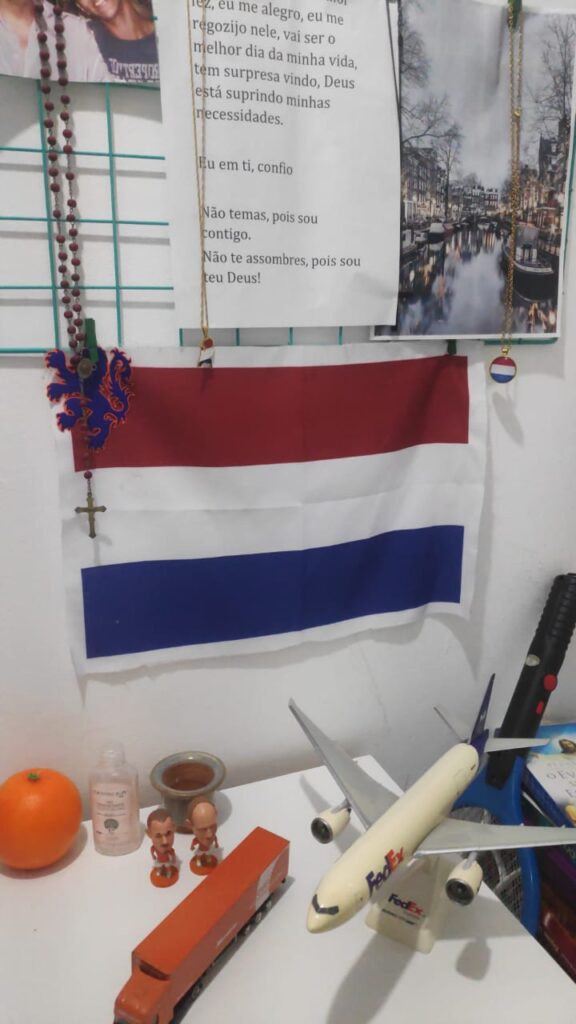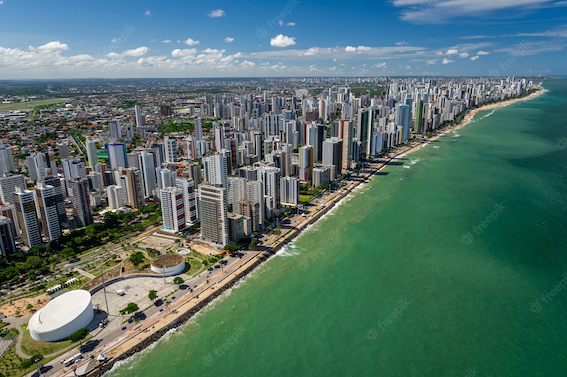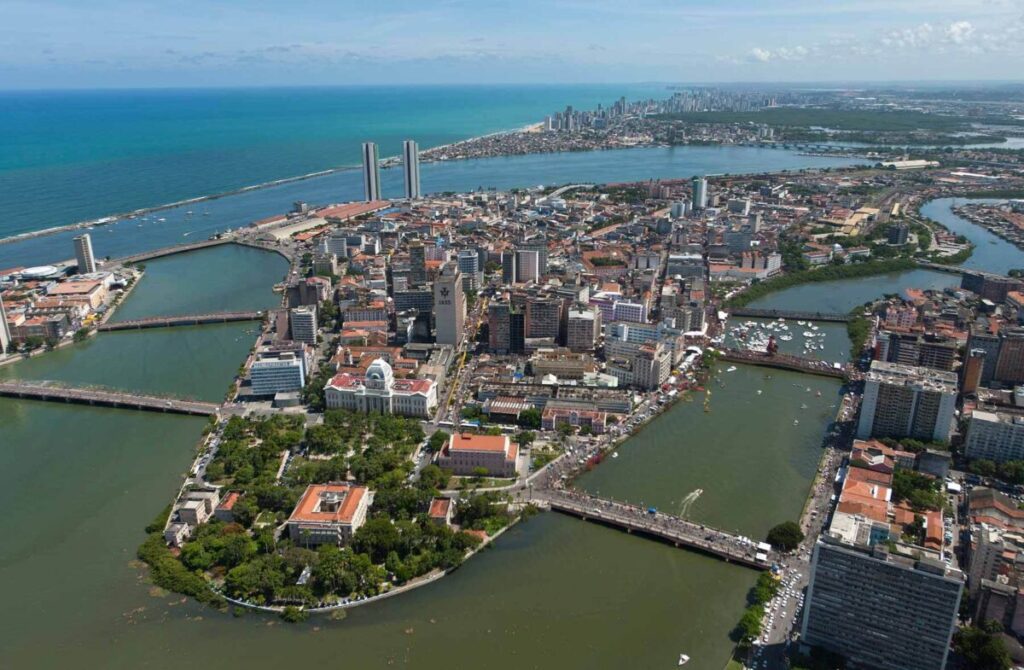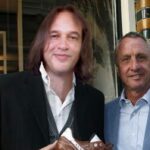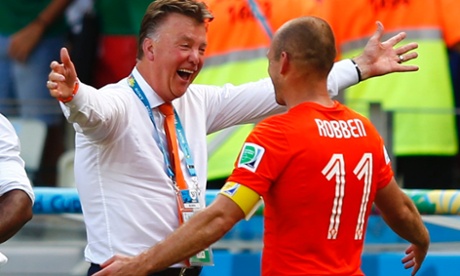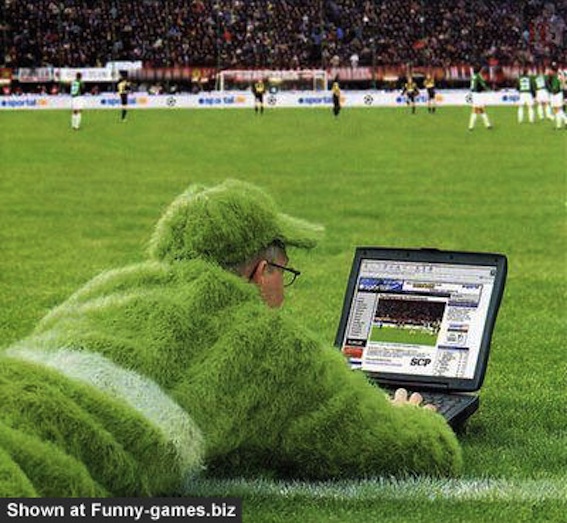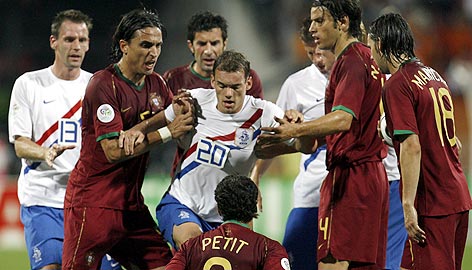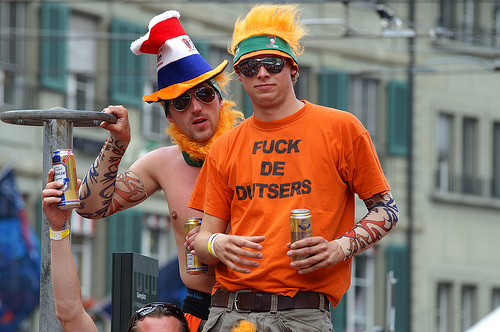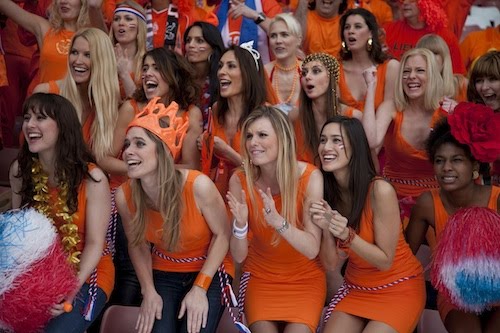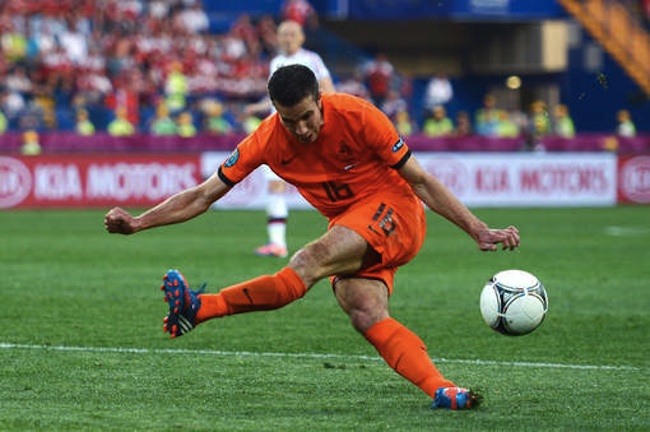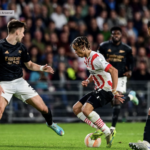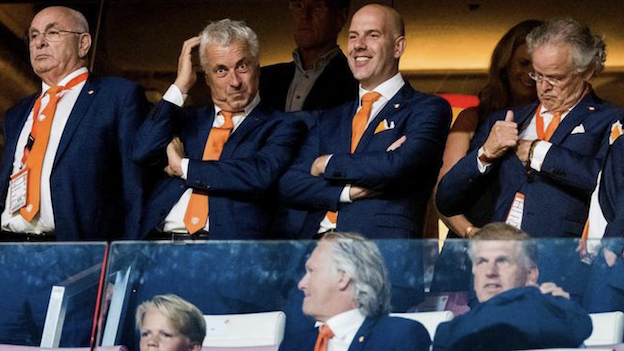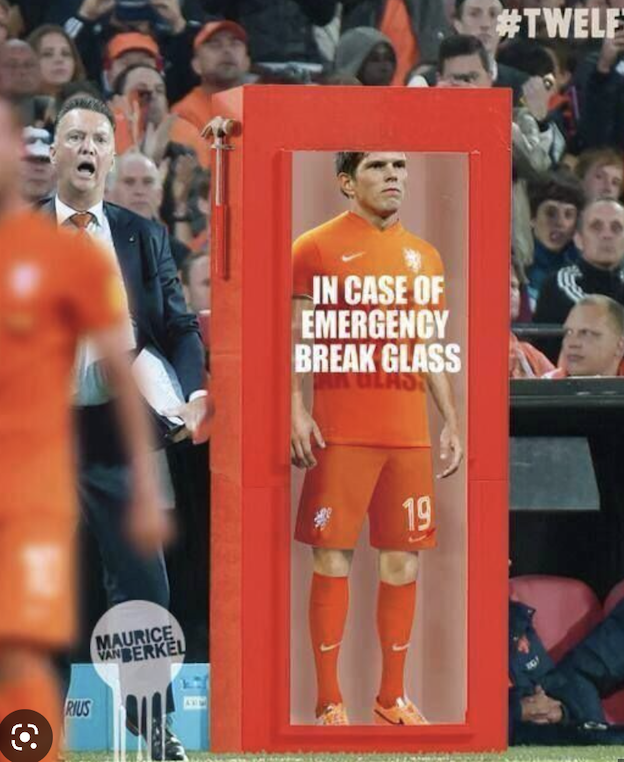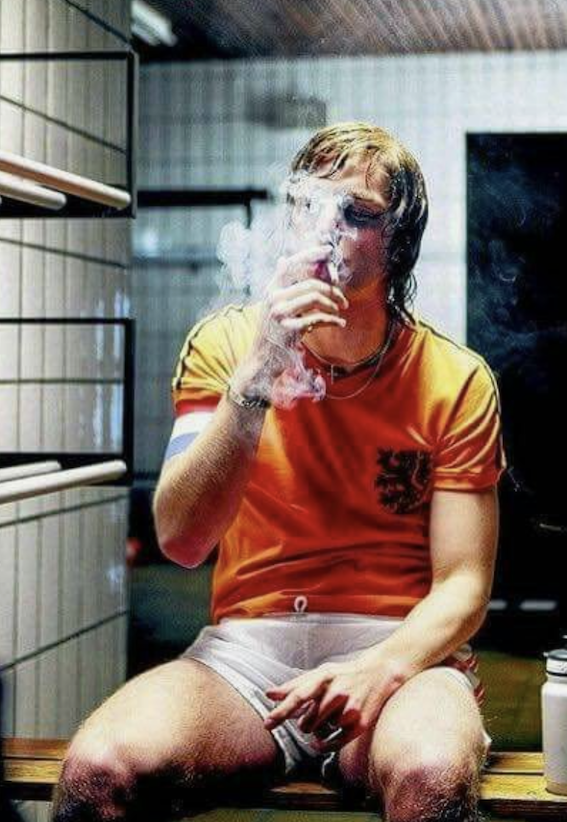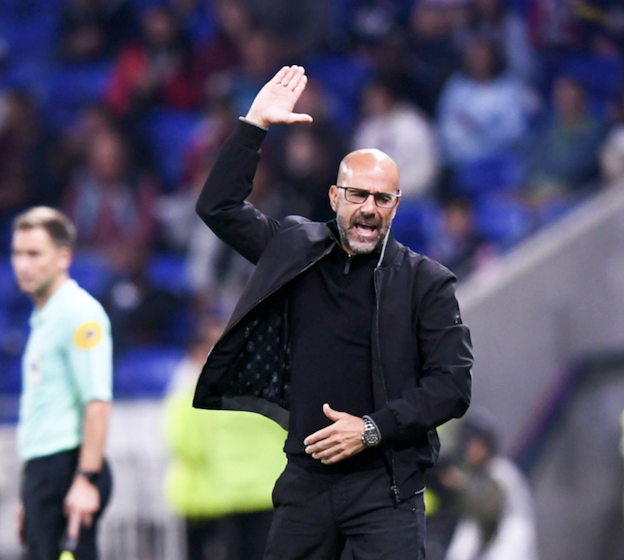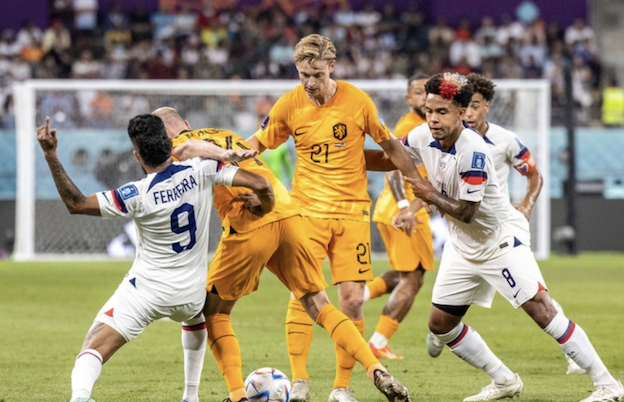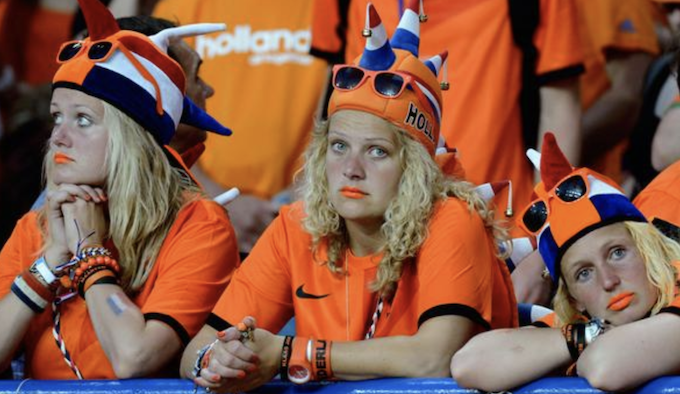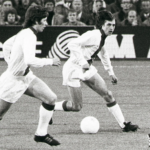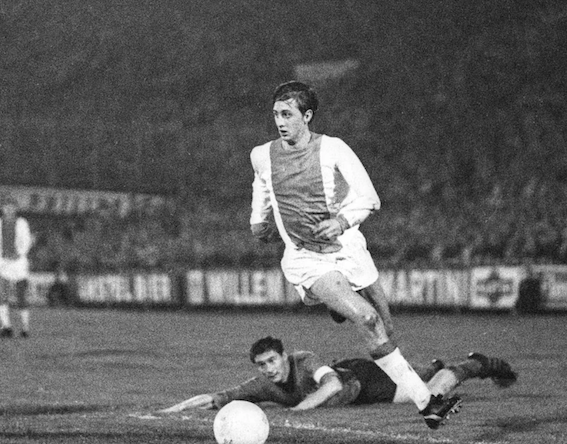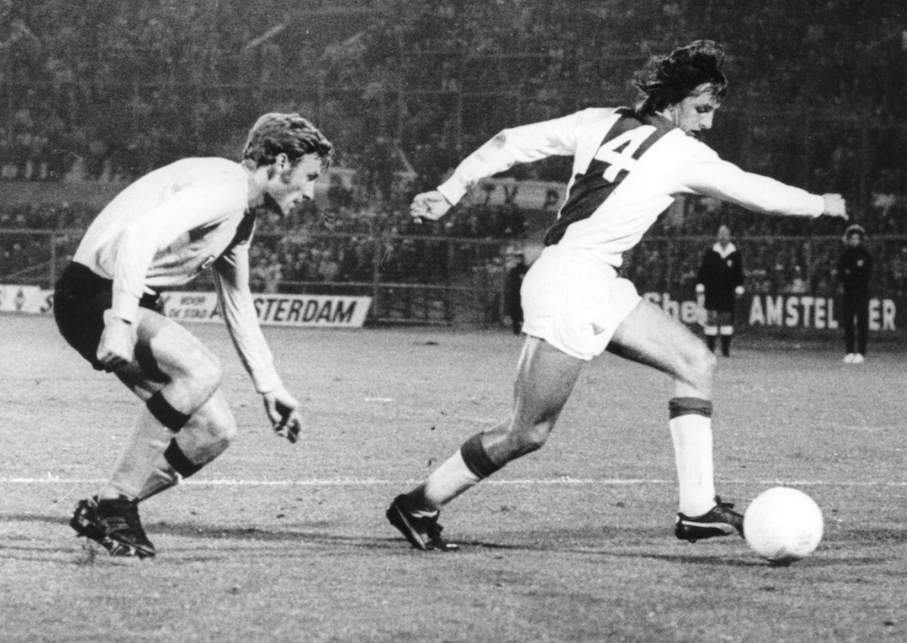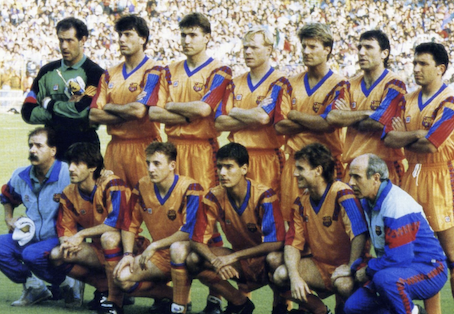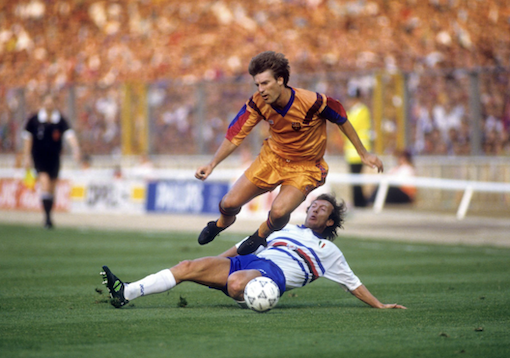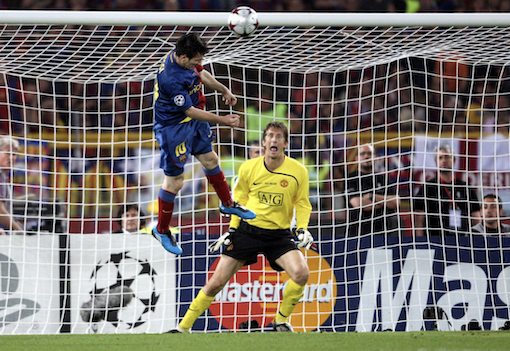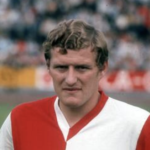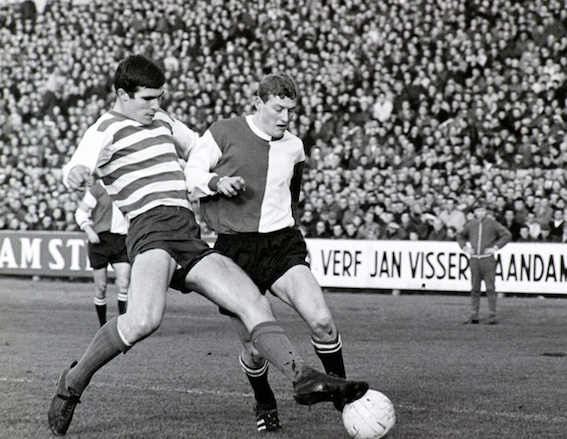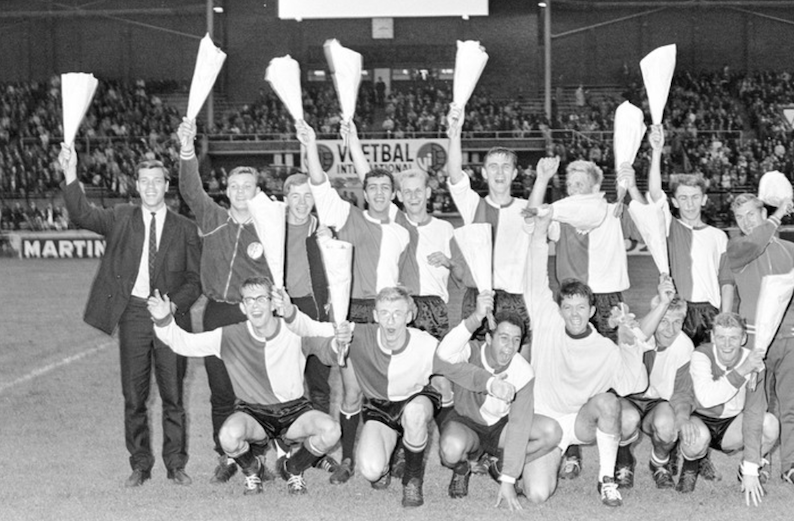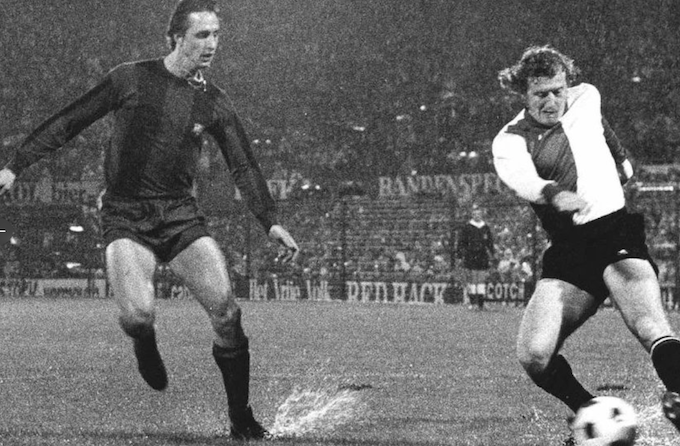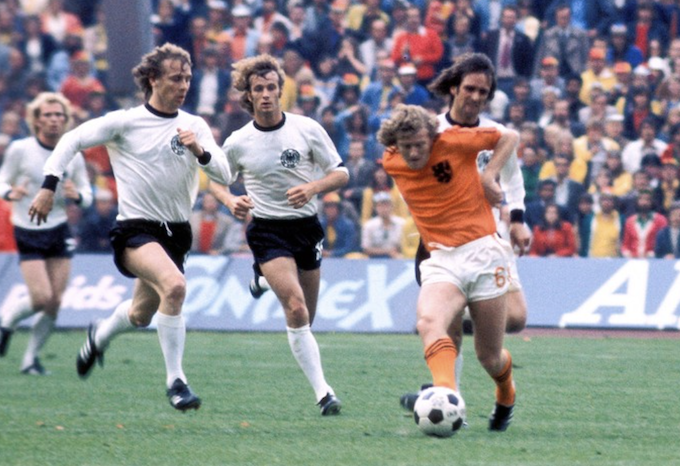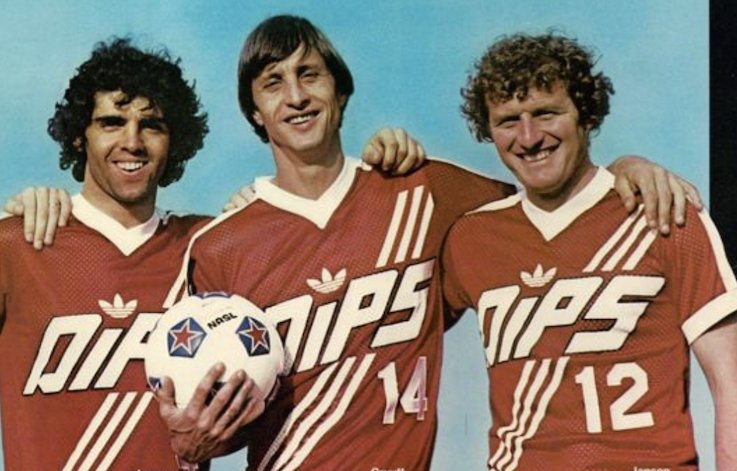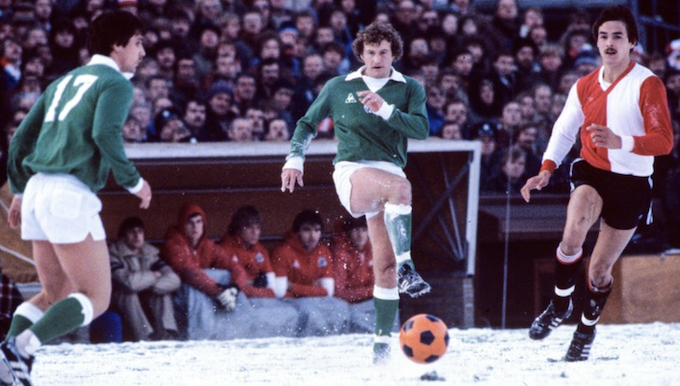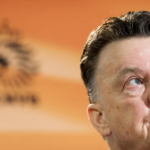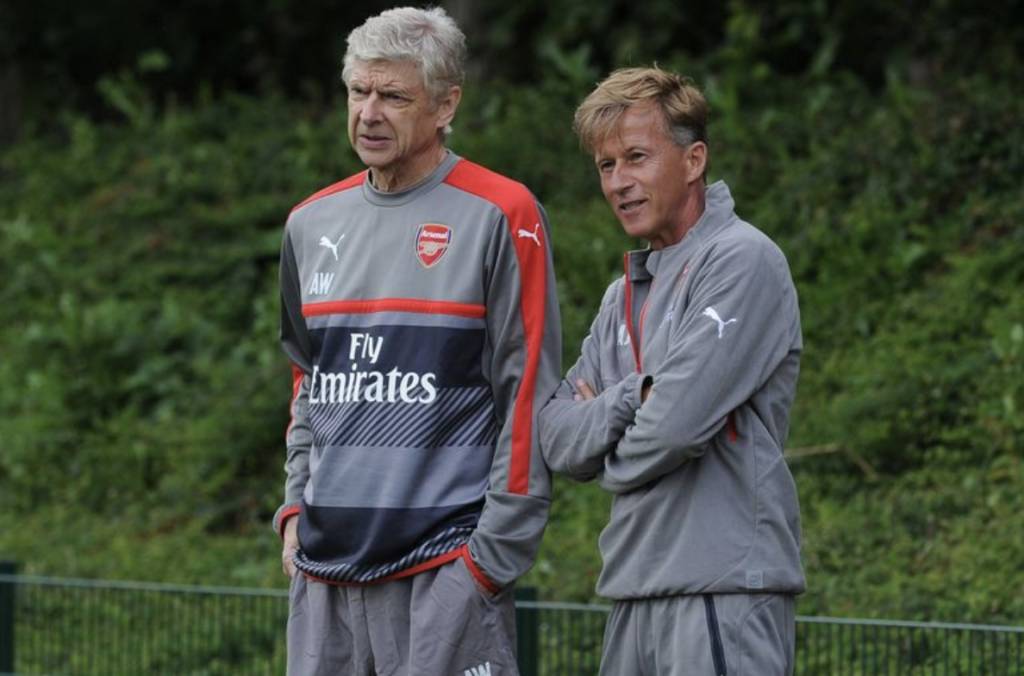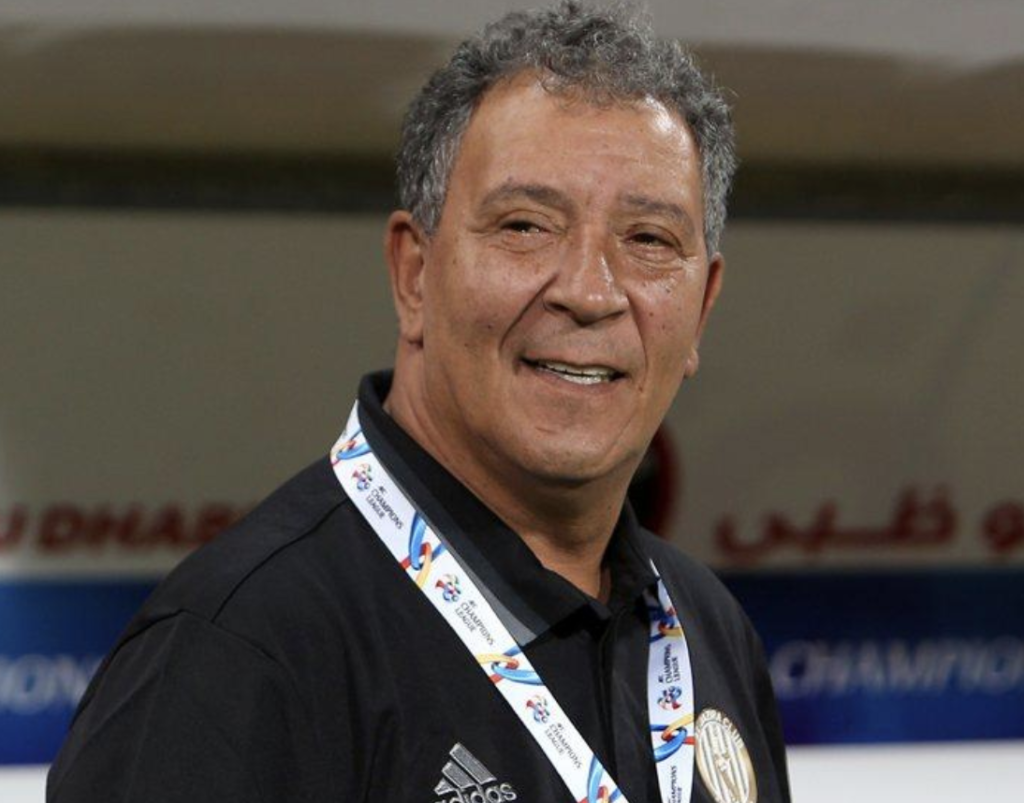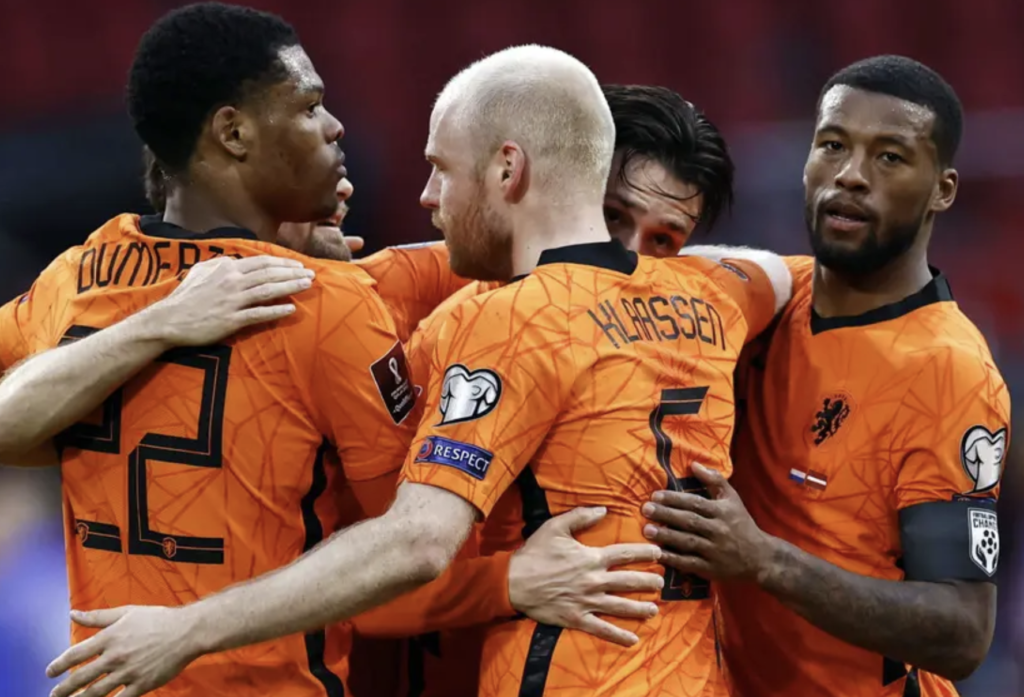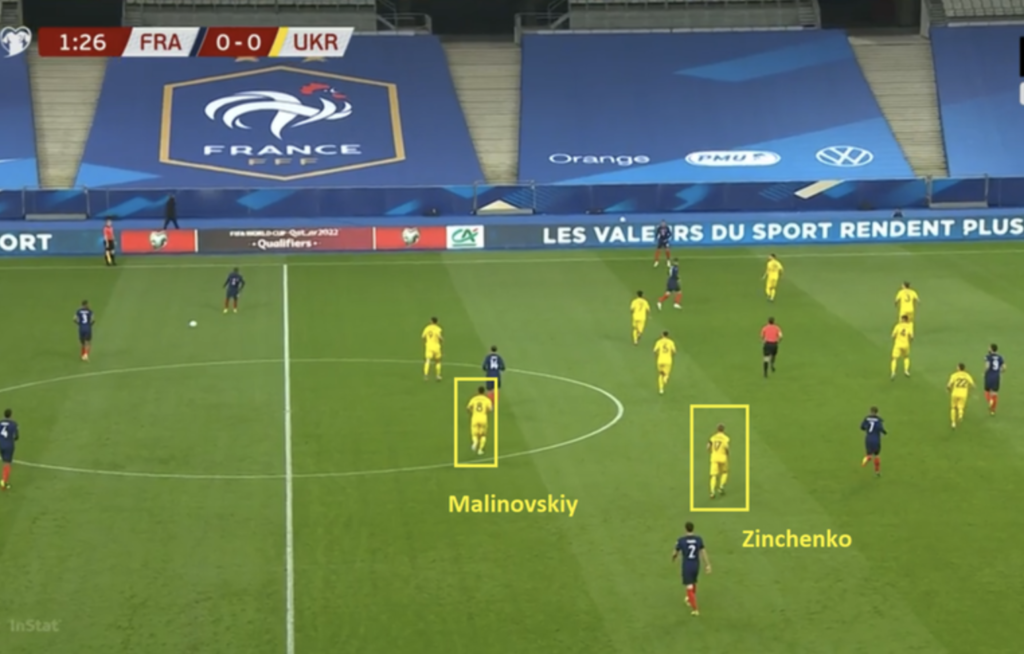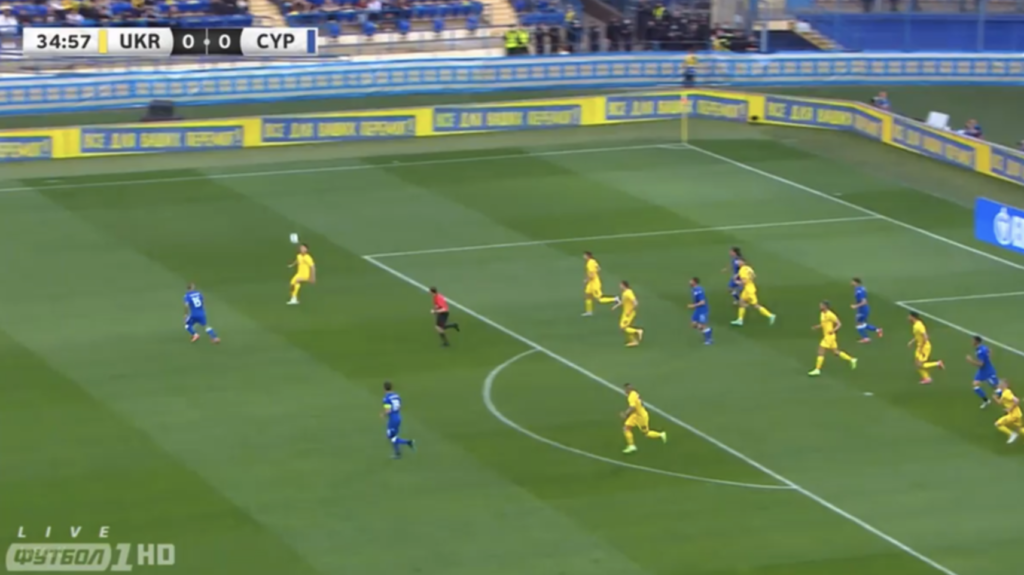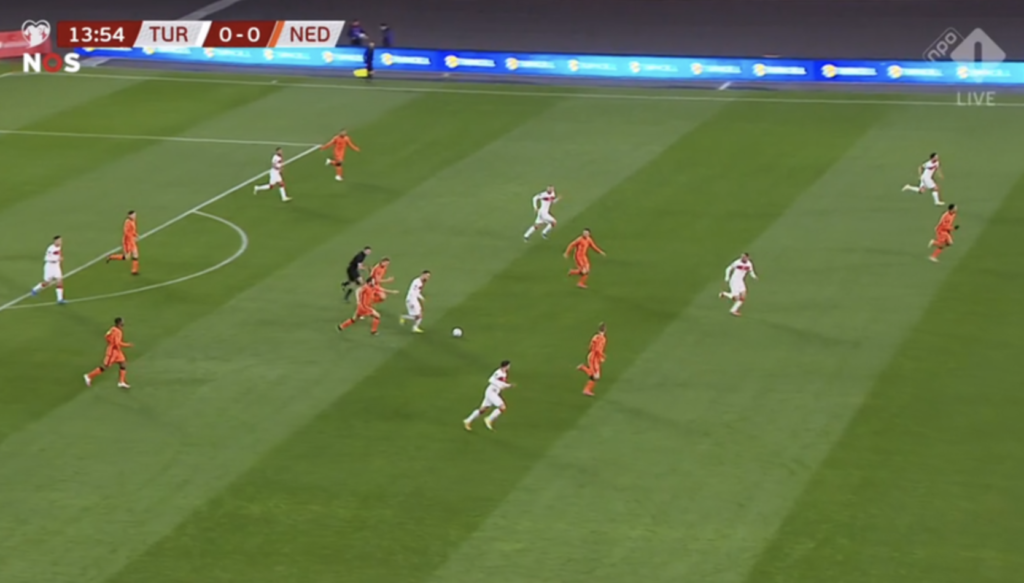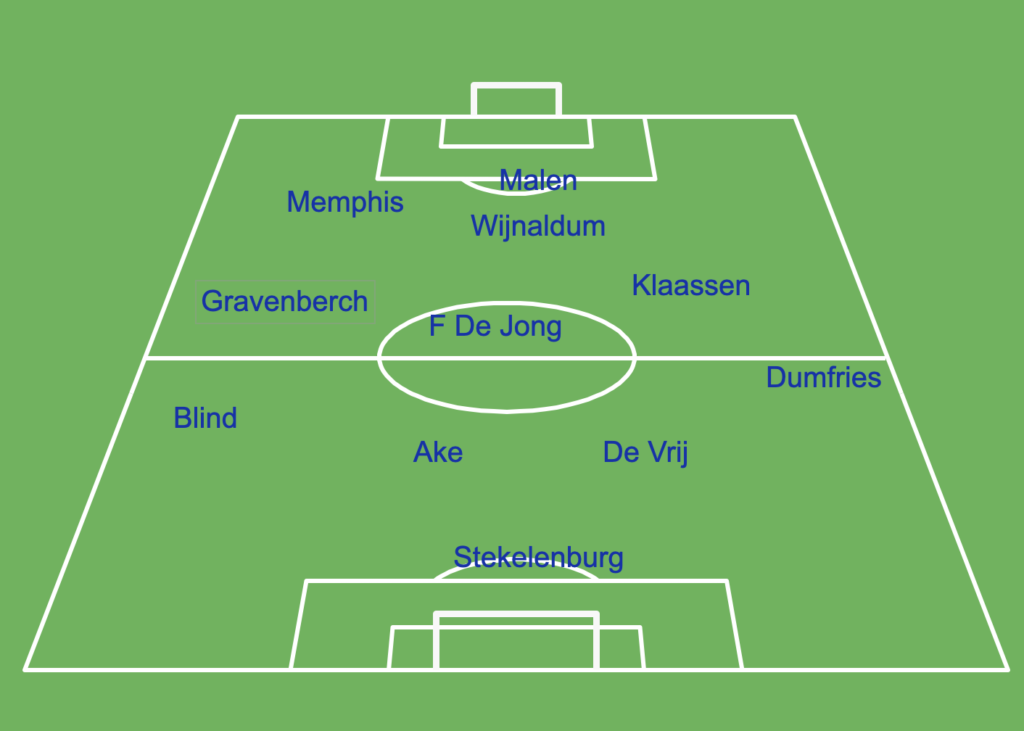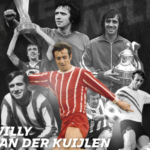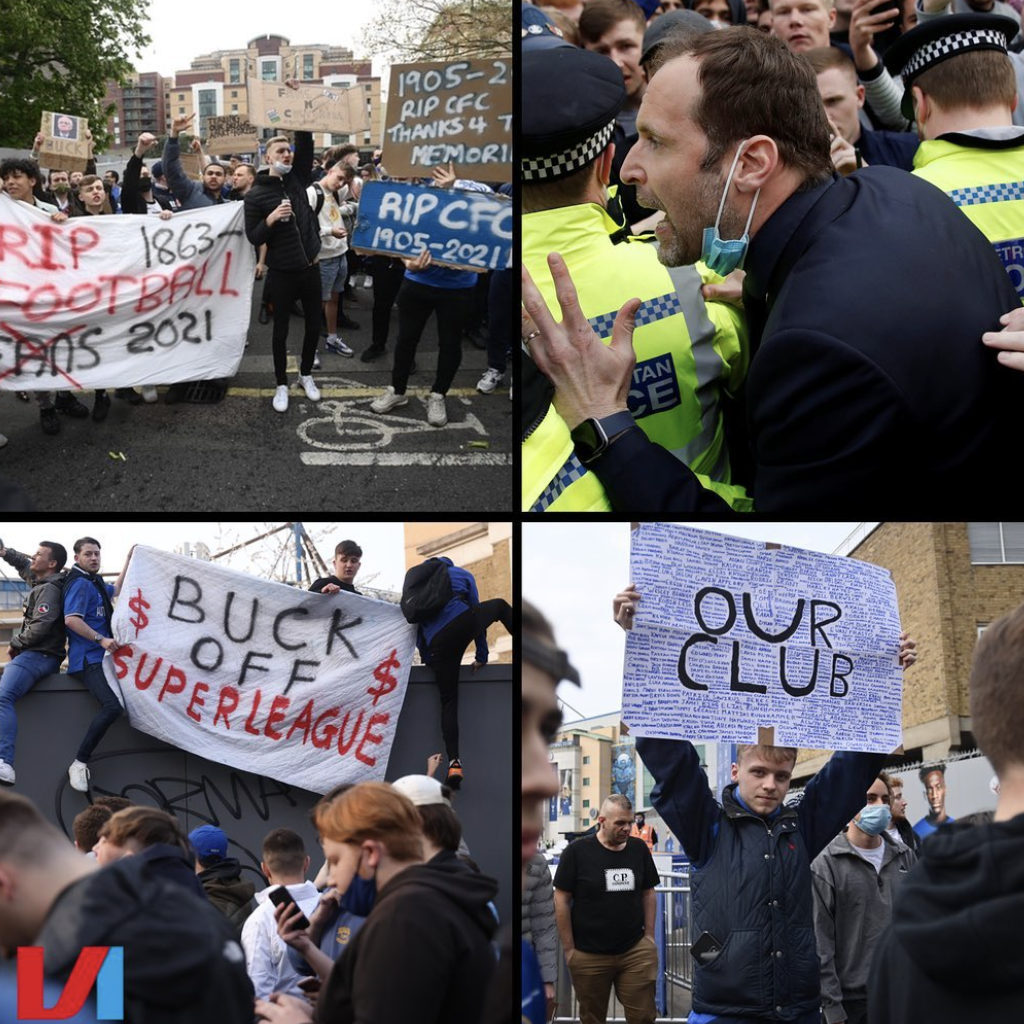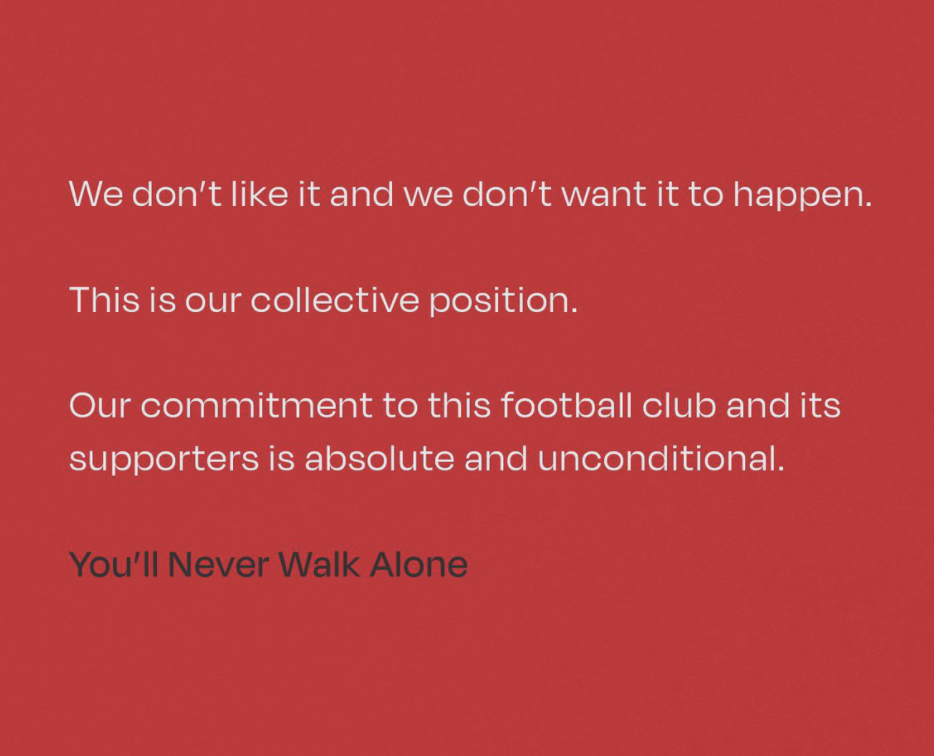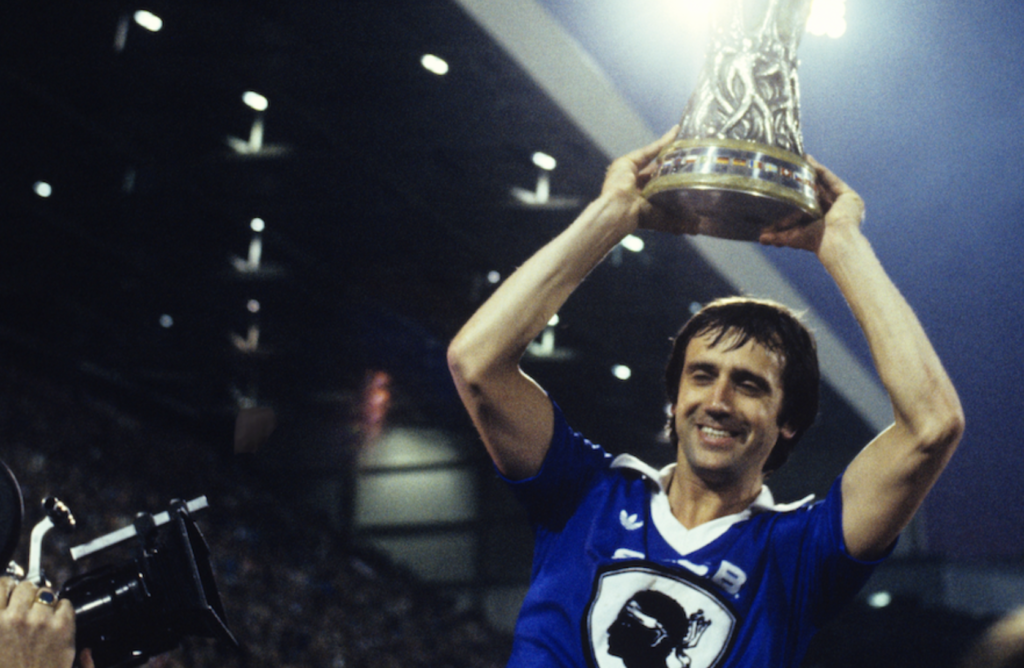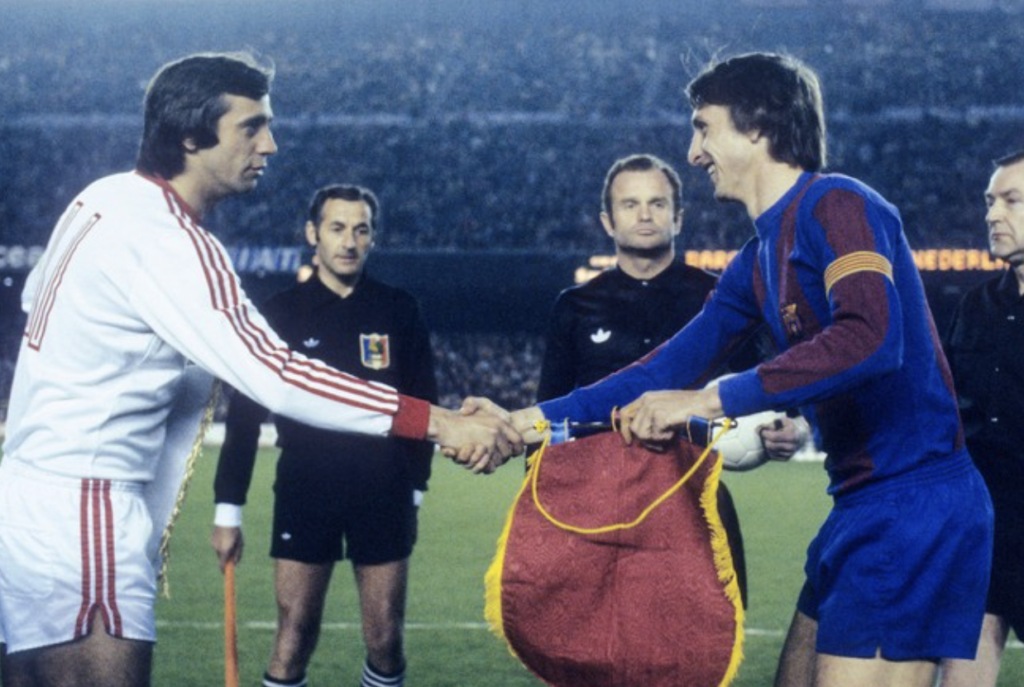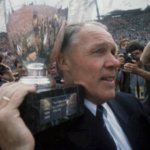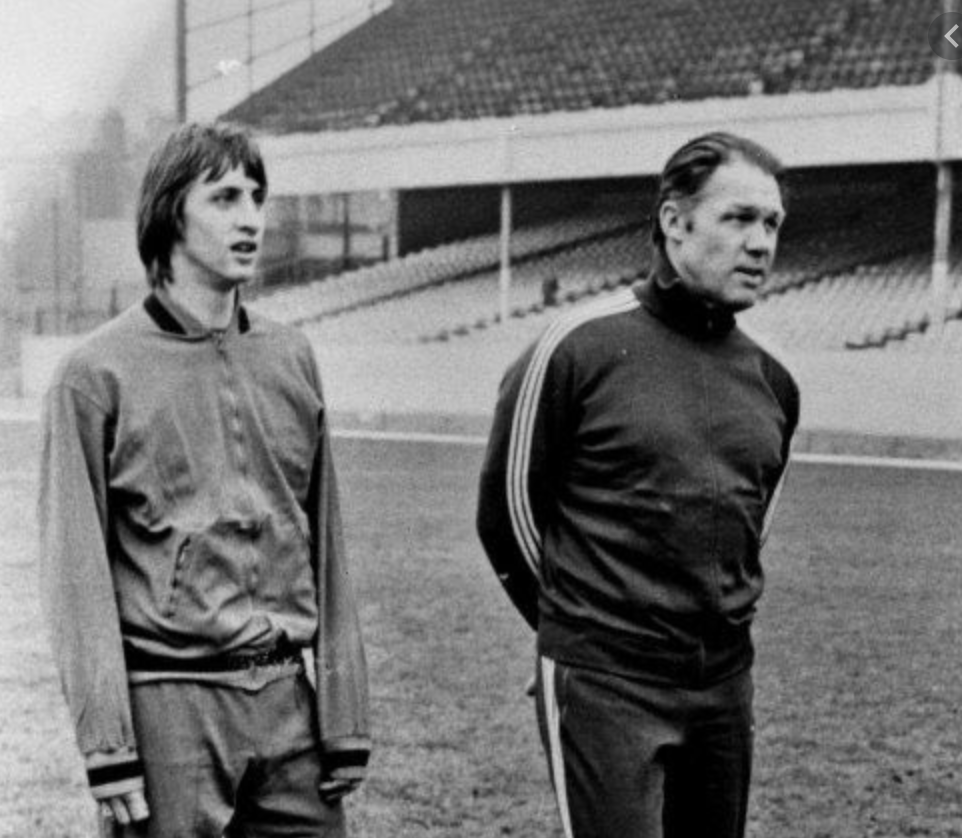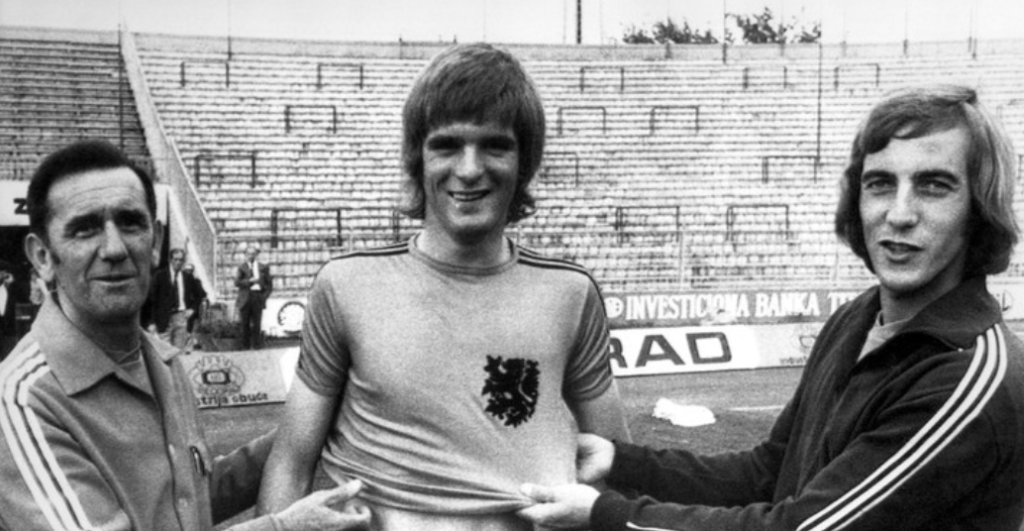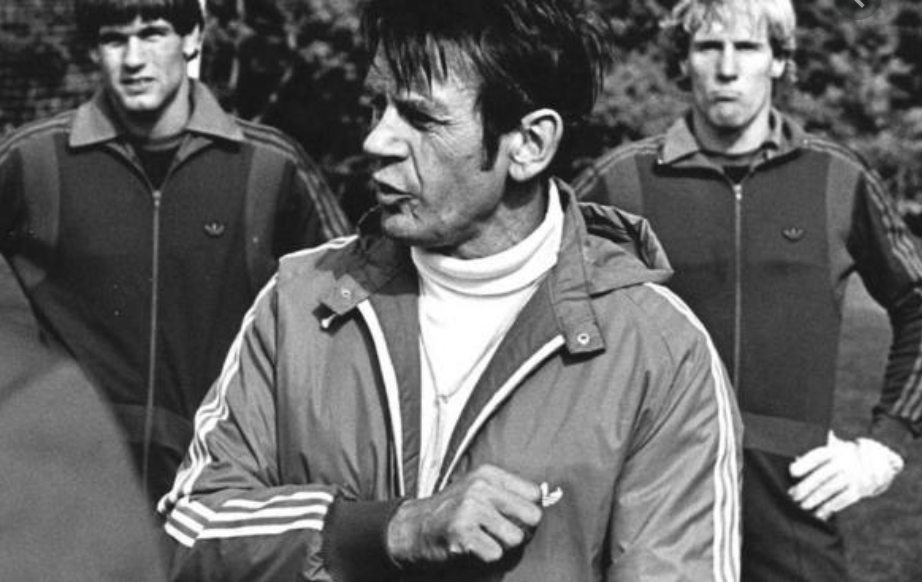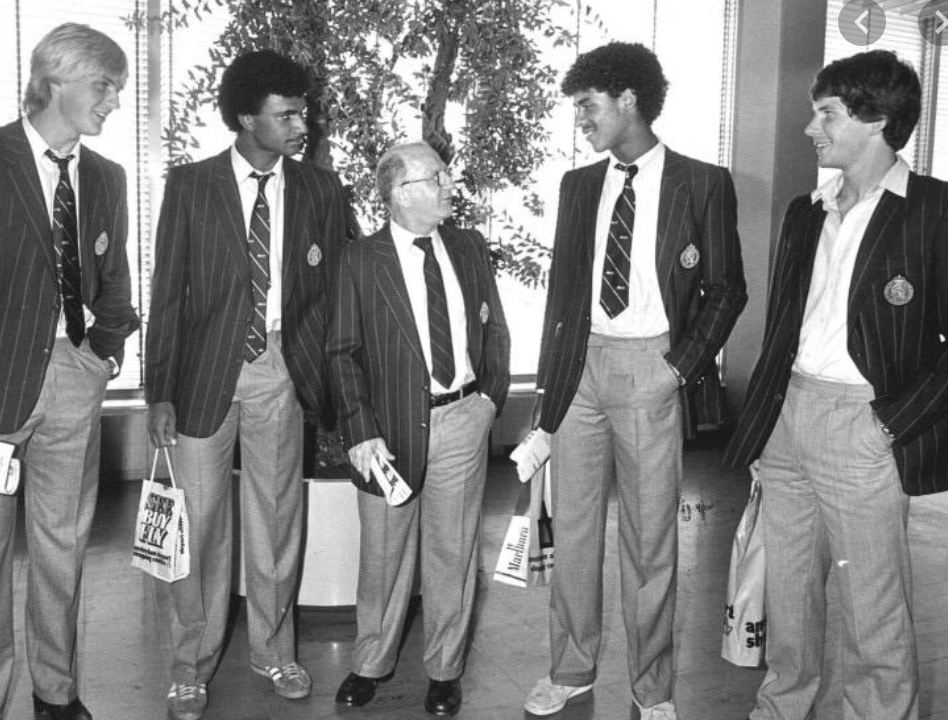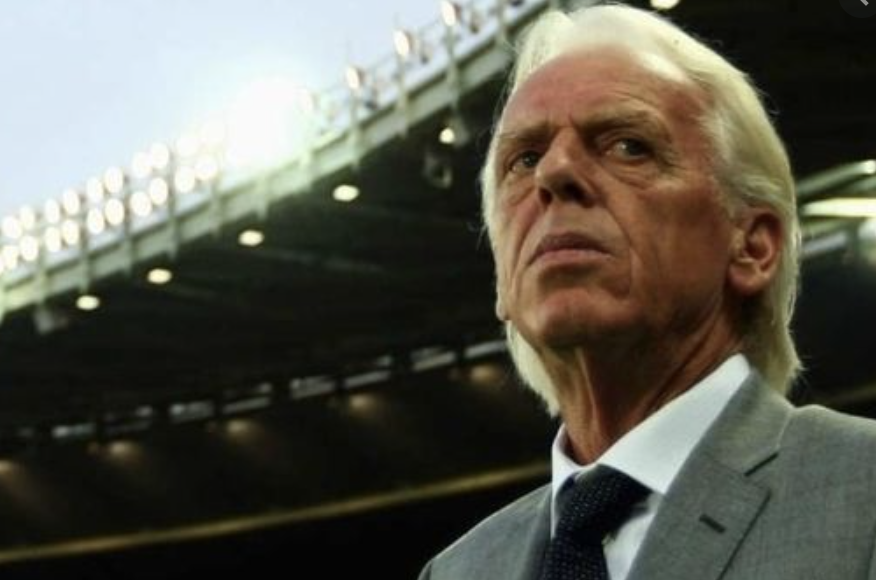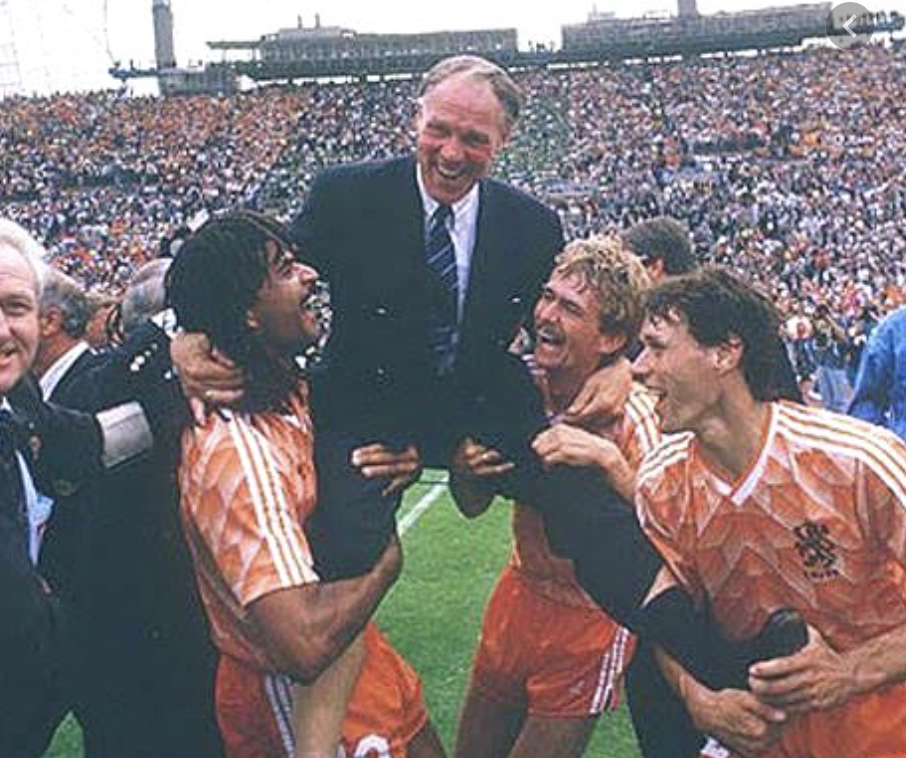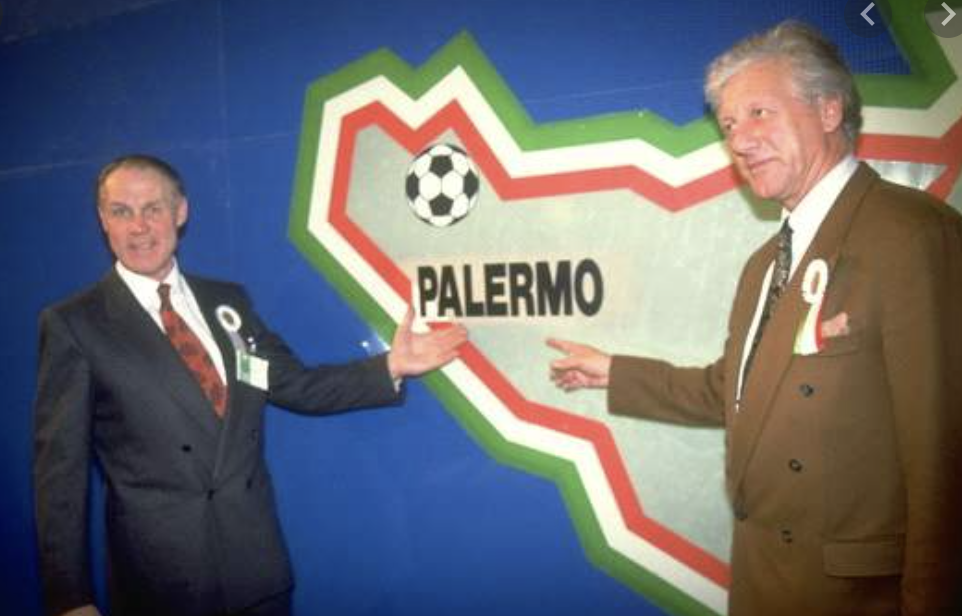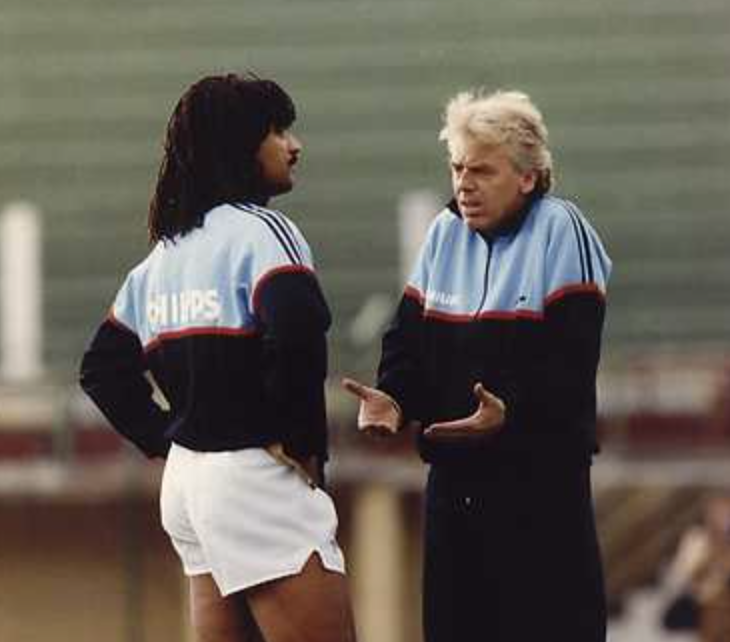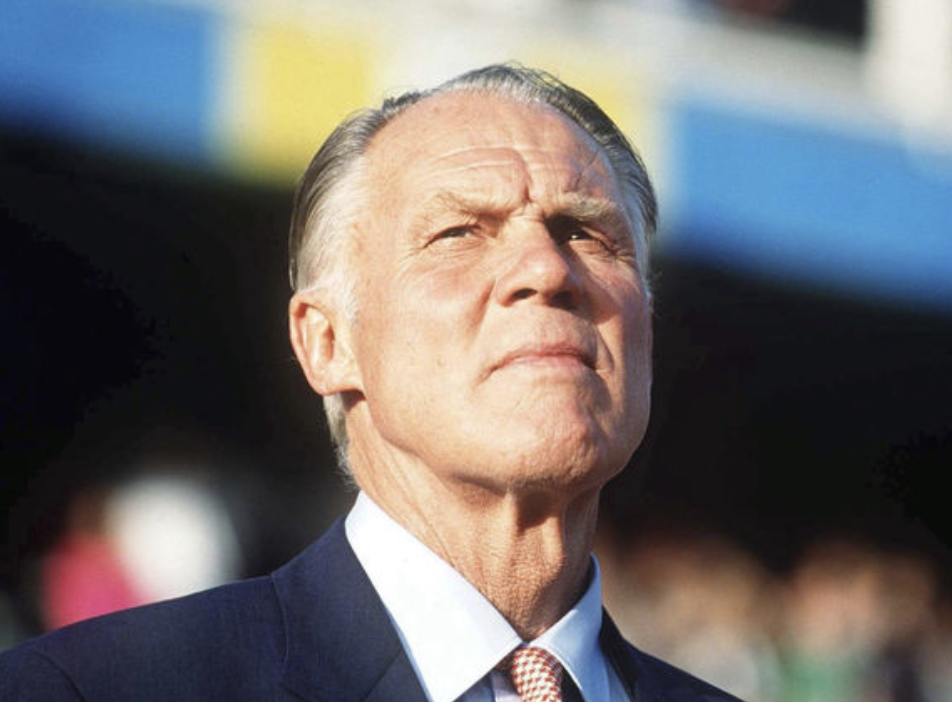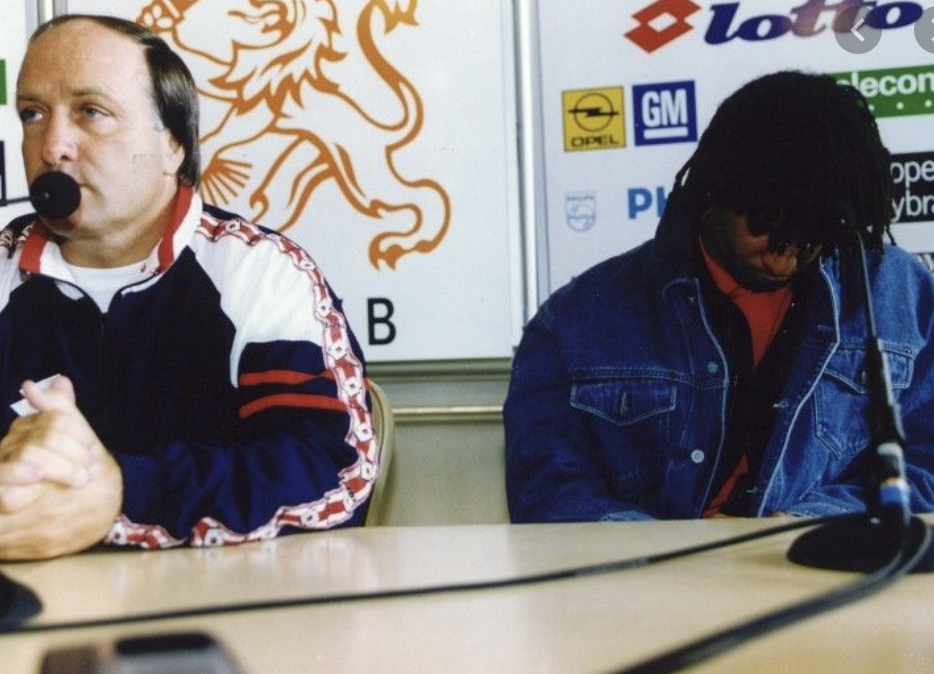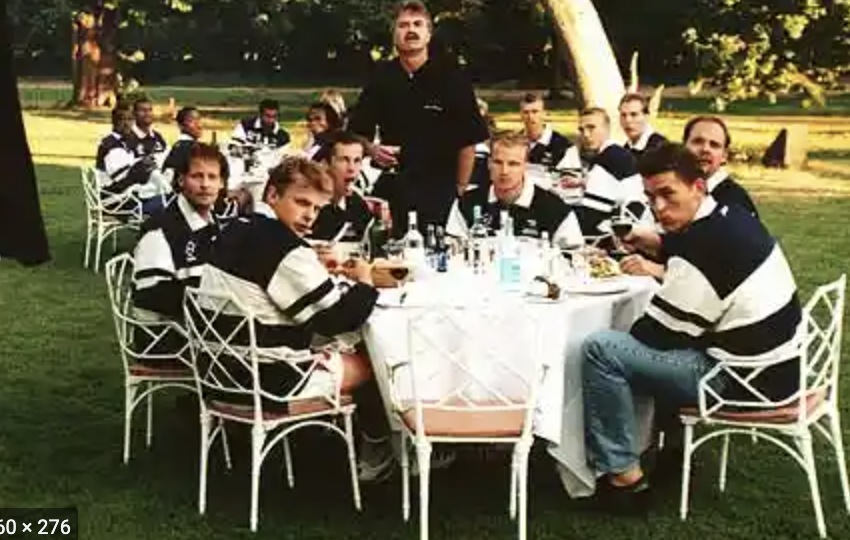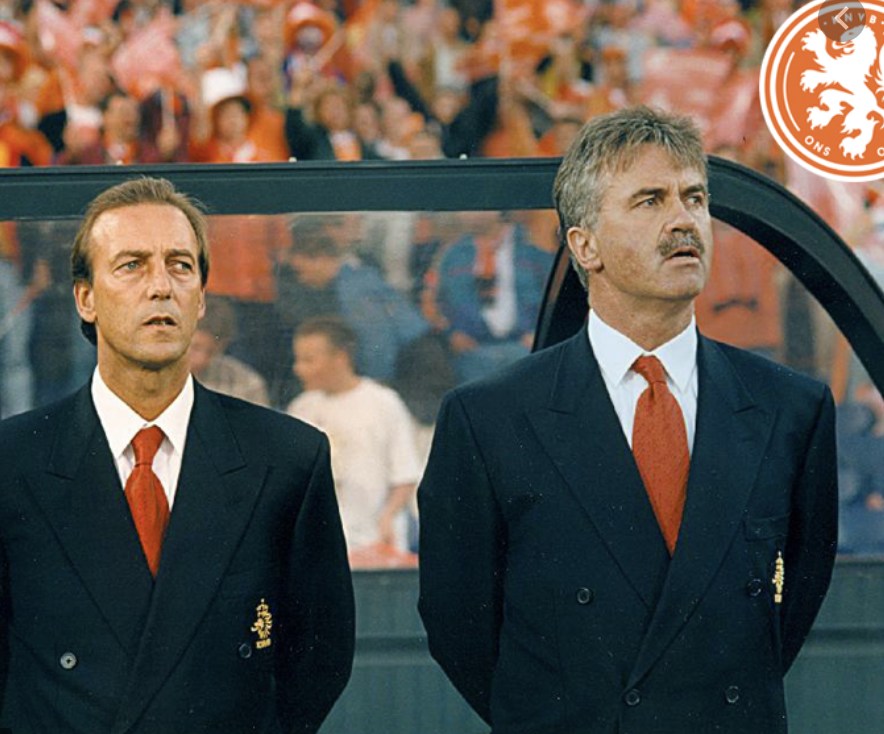This is going against my nature. I don’t think I ever posted something like this. I don’t think I needed to. I thought Van Basten did a good job. Rijkaard could have stayed on. I was never an Advocaat fan, but once these guys lead the team you want to support them. After the WC2010 I was happy Bert was taking them to the Euros.
I didn’t support him coming back in the first place. He decided to abandon us before the Euros2020 by leaving us in the hands of Frank de Boer and the shere fact he wanted an exit in his agreement was a red flag for me.
I think he’s good to get a team in shape and find a way to build a team around his football ideas. In that category of coaches, he is a mediocre, but decent coach. Allardyce. Redknapp. Advocaat. That level. No innovation, no creativity, no courage and adventure. They’re not Cruyff, Guardiola, Alonso, Slot or De Zerbi.

We need a coach who can 1) take the younger generation ( Frenkie, Schouten, Gakpo, Xavi, Lang, Hartman, Van der Ven, Zirkzee) and 2) mould them in to a befitting football approach.
Koeman demonstrated that he isn’t the man to do this. During the Euros, it’s a constant tweaking and changing and adapting to the opponent. Making weird choices ( Dumfries + Frimpong? Taking Malen off against England for Wout? Not using Frimpong in latter games? Keeping his trust in Memphis? (gambling on the wrong horse, as we say)).

When you have to tweak and change mid game, yes you could say “wow what a flexible coach”, but I like to say “he got it wrong from the start and needs to fix it”.
It is fair to say that with Romania and Turkey as the knock out opponents, we simply had to reach the semis. And the first real test was too hard, despite scoring first.
The KNVB always has these “demands”: attractive, adventurous and attacking. Well, I didn’t see this under Advocaat, Van Gaal, De Boer or Koeman, to be completely honest.
We score the 1-0 versus England in the 7th minute and then we drop deep and give the control away. Why??
I personally belief a coach like Alex Pastoor would be perfect. Or Marcel Keizer. Or Mitchell van der Gaag. Or Mark van Bommel. With Bert as assistant?

Enough of dipping in the bag of oldies but goldies.
The talent pool is outrageous. We need a strong willed, courageous coach who can work and instill a system that will make us unstoppable. If Spain can do it, why not us? Spain copied us in the first place.
Goal keepers: Verbruggen, Olij, Bijlow, Flekken, Owuso Adoro, Bizot
Left backs: Hartman, Maatsen, Ake, Van der Ven, Malacia, Bakker
Right backs: Frimpong, Dumfries, Geertruida, Teze, Rensch, Hoever, Karsdorp
Centre backs: Van der Ven, Ake, De Ligt, Geertruida, J Timber, Botman, Schuurs, Beelen, Hato, Teze, Sam Beukema, Van Hecke, Sepp van de Berg, Struijk,

Midfield: Frenkie de Jong, Koopmeiners, Schouten, Reijnders, Q Timber, Wieffer, Taylor, Rosario, Gravenberch, Proper, Matusima, Ekkelenkamp, Eijting, Donny van de Beek,
Attack: Xavi, Gakpo, Malen, Bergwijn, Lang, Zirkzee, Brobbey, Dallinga, Kluivert, Chong, Piroe, Danjuma, Stengs
Surely, a good coach can make this into a winning and entertaining team?




